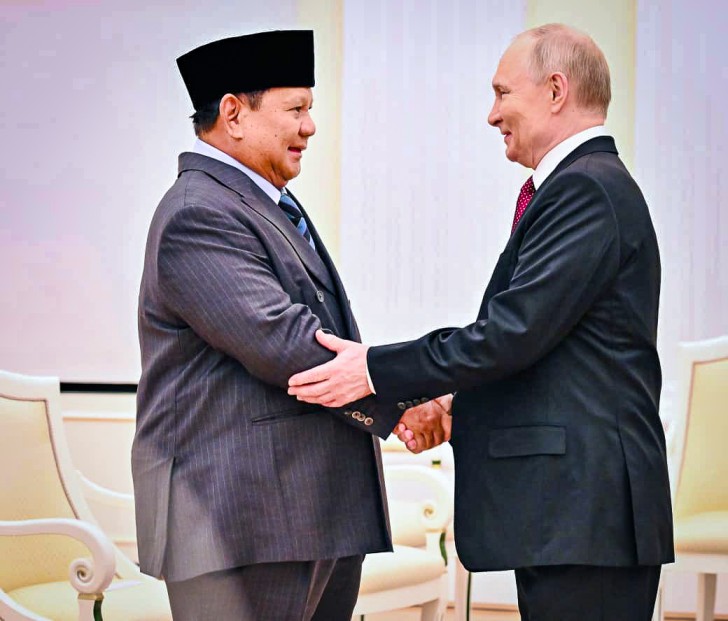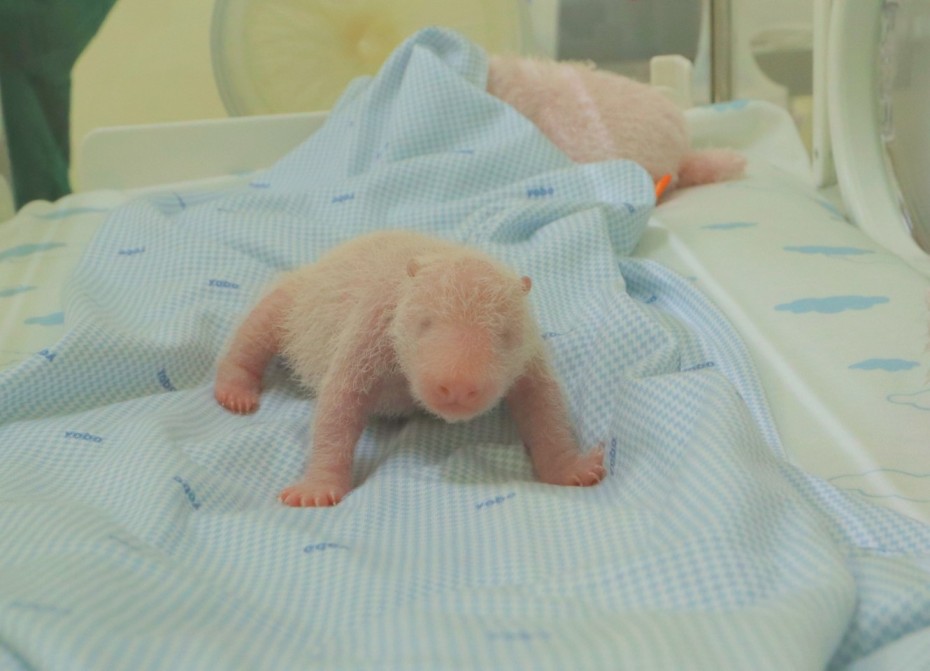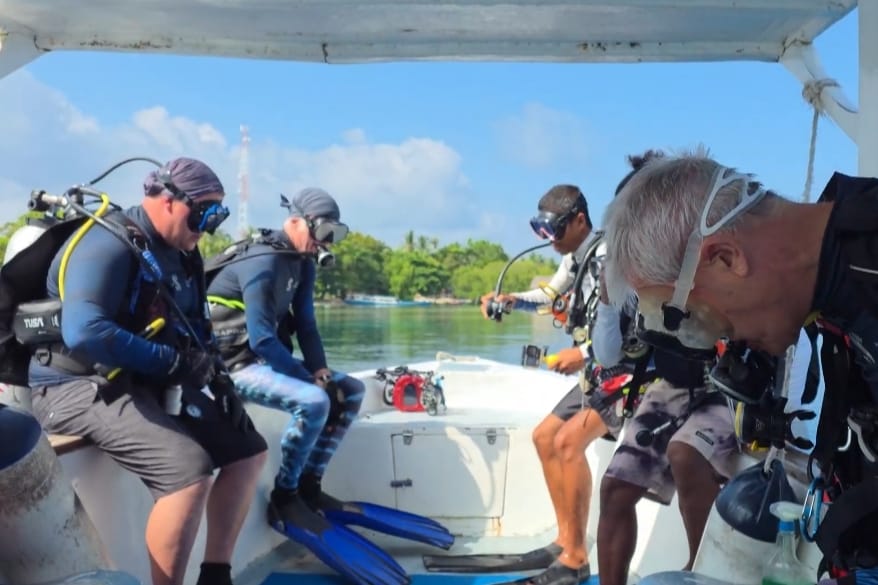Indonesia’s methane hydrate reserves found in waters from Sumatra to Java

Jakarta (Indonesia Window) – The potential reserves of methane hydrate gas in Indonesia which reach more than 850 trillion cubic feet (Tcf) were found in the waters from southern Sumatra to the northwest of Java.
“A preliminary survey in 2004 found Indonesia’s potential methane hydrate reserves of more than 850 Tcf in two main locations, namely the waters of southern Sumatra to the northwest of Java at 625 Tcf, and in the Makassar Strait of 233.2 Tcf,” said Director General of Oil and Gas Tutuka Ariadji at an online meeting on the Legal and Policy Framework for the Development of Offshore Methane Hydrate as the Indonesia’s Future Transitional Clean Energy on Tuesday (June 8).
In addition to those two locations, methane hydrates were also found in the offshore areas of Simeuleu, Mentawai Trench, Sunda Strait, Java Front Arc, North Lombok, Makassar Strait, Sulawesi Sea, Aru, Misool, Kumawa, Wigeo, Wokam, and Salawati.
On that occasion, Professor of the Mining and Petroleum Engineering at the Bandung Institute of Technology Doddy Abdassah explained that methane hydrate gas is the largest non-conventional hydrocarbon resource and can be produced safely.
It is estimated that more than 50 percent of the earth’s hydrocarbon deposits are stored in the form of methane hydrate gas.
Methane hydrates are formed when hydrogen bonded water and methane gas come into contact at high pressure and low temperature in the ocean.
By lowering the pressure or raising the temperature, the hydrate simply decomposes into water and methane (more methane). One cubic meter of this compound releases about 160 cubic meters of gas, making it a very intensive fuel.
According to Doddy, a comprehensive and integrated analysis is needed in exploration and production, as well as research and technology development for commercializing methane hydrate gas.
“Indonesia has the opportunity to explore its methane hydrate gas potentials, and should immediately take advantage to achieve green energy fossil energy,” he said.
Meanwhile, Andrew Partyn, a professor of International and Comparative Law, School of Law from the University of Aberdeen Scotland, provided an advice on sustainable development for offshore hydrates in Indonesia.
According to him, Indonesia needs to move quickly to prepare various policies and powers to develop its offshore hydrate, considering that several countries have prepared this industry to make it run by 2030.
Reporting by Indonesia Window

.jpg)








